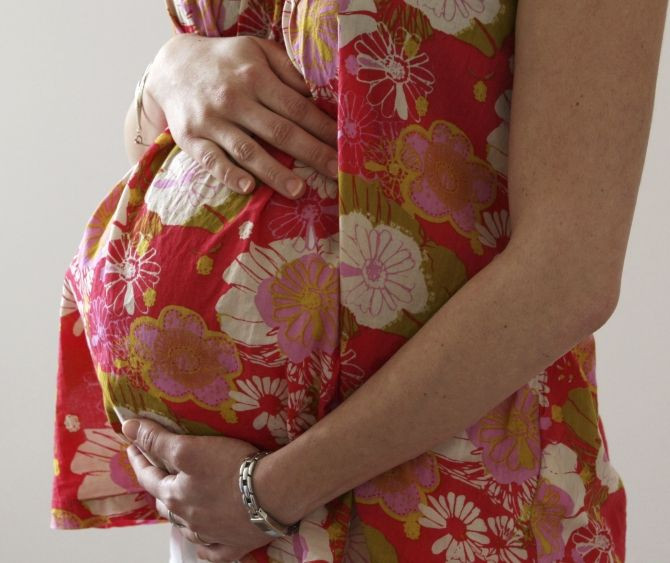Women Trying to Get Pregnant Should Focus On Their Body Clock, Not Just Biological Clock

Women trying to get pregnant need to pay attention to their body clock as well as their biological clock, according to new research.
Previous observational studies have suggested that because female shift workers, such as nurses, and female flight attendants who work on long-distance routes are consistently out of sync with the external light cycle, they often have fertility and menstrual issues.
Researchers at Northwestern University have confirmed that the disruption to the circadian rhythm or body clock negatively affects pregnancy outcomes in mice.
Circadian rhythm expert Fred Turek and his team were the first to show offer evidence a disrupted body clock may be linked to the severity of pregnancy disruption, meaning that a greater circadian clock disruption associated with a lower chance of reproductive success.
The study, published Wednesday in the journal PLoS ONE, consisted of three sets of normal laboratory female mice, all who had recently mated.
There was a control group of 12 mice that experienced normal days of 12 hours of light, followed by 12 hours of darkness. The two other groups consisted of 18 mice each. One set called the phase-advanced group had its 12 hours of light start six hours earlier every five days and the other set called the phase-delayed group had its light start six hours later every five days.
Researcher monitored the mice throughout the gestation period to count the number of full-term pregnancies and found that 90 percent of the matings in control mice led to full-term pregnancies, but only 50 percent of the matings in the phase-delay group and 22 percent in the phase-advanced group resulted in successful pregnancies.
"We were surprised at how dramatic the effect of manipulating the light-dark cycle was, especially in the phase-advanced group," researcher Keith Summa said in a statement. "We expected a negative effect from the circadian clock disruption, but not this much."
Researchers then compared the female mice in the phase-delay and phase-advance groups to see how the animals responded to the repeated phase shifts and found that mice in the phase-advanced group required one to two days more, on average, to return to normal rhythms, suggesting that the magnitude of circadian disruption is associated with the severity of pregnancy loss.
"Our results have important implications for the reproductive health of female shift workers, women with circadian rhythm sleep disorders and/or women with disturbed circadian rhythms for other reasons," Turek said in a statement.
"If you disrupt your internal rhythms, there will be negative consequences -- that is very clear," said Summa added. "Our results suggest people should consider their biological rhythms for optimal health."
Published by Medicaldaily.com



























